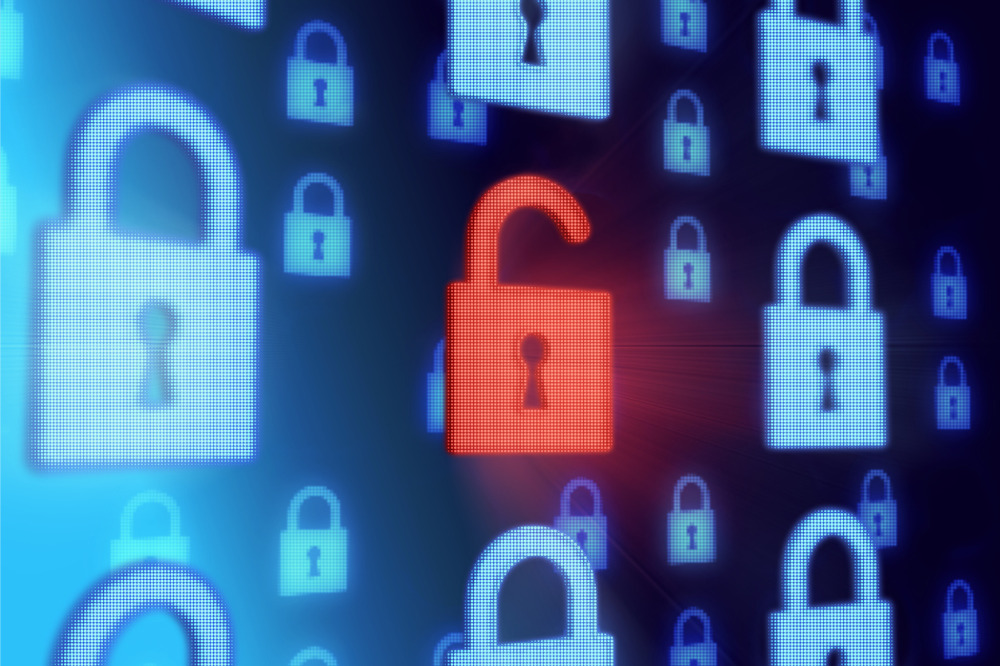
The shift to remote learning has provided educators and students with the opportunity to continue classes safely and in a flexible manner amid the disruptions that the COVID-19 pandemic has created.
However, it has also opened many additional doors for cybercriminals, keen to exploit the transition for their own sinister purposes.
While Australia’s cybersecurity industry is expected to triple in size to $6bn by 2026, cyberattacks are becoming more sophisticated as hackers find new ways to circumvent the systems designed to stop them.
This has led cybersecurity experts to call on communities and governments to address the current skills gap in this critical area, and in doing so boost Australia’s capability to keep up with the constant race against cyber criminals.
Global cybersecurity leader Palo Alto Networks has been at the forefront of this mission, claiming “the most comprehensive cybersecurity portfolio on the planet” today.
Below, The Educator speaks to Sean Duca, Vice President and Regional Chief Security Officer, Asia Pacific and Japan at Palo Alto Networks, about how the organisation is helping schools safeguard themselves and their students.
TE: Experts have warned that cybercriminals are using COVID-19 to their advantage. What can you tell us about this, and how schools can respond?
SD: Criminals, whether in the digital realm or ‘real world,’ always leverage a crisis to their own advantage. As many students search for any COVID-19 information and knowledge they can get their hands on, cybercriminals have already begun to entrap searches with malware and other nefarious activity. Our threat intelligence team Unit 42 found that between March and April alone, over 1.2 million domain names were registered around the coronavirus theme, of which 86,607 were identified as high-risk or malicious. The best response for schools is to block students from accessing unsecured domains that are only a few weeks old, as there should be little need to access them. For emails, ensure all staff and students remember not to click on untrusted links and to question what information they give out.
TE: I understand that The Palo Alto Networks Cybersecurity Academy Is providing critical training in cybersecurity. What are the most significant benefits this offers to schools and school leaders?
SD: The Palo Alto Networks Cybersecurity Academy leverages the expertise and capability of a world-leading organisation that lives and breathes security, to give educators the tools and resources they need to empower students across all ages. It is built on the premise of continuous learning to reflect the ever-changing technology landscape, with the ability to re-purpose the curriculum to fit the school’s learning and solve the problems of today. The best way to reduce the cyber-threats of tomorrow is by educating the students of today. Because of this, we have partnered with RMIT University to offer postgraduate support and educate up-and-coming executives with the knowledge and certifications they need to effectively counter cyber-risk.
TE: What should school leaders know about the Internet of Things (IoT) security, and what are some proactive steps to secure new technology such as smart devices within workplaces and homes?
SD: IoT has grown quickly in recent years, but as with all networks, visibility is key to security. The education sector is the second most targeted industry in Australia by cybercriminal groups such as SilverTerrier, and as schools become increasingly digitised school leaders need to remain vigilant in ensuring risks will not have an impact on the wider school. School leaders should ensure they can see any IoT device that is connected to the network; if there’s something that might seem risky, examine it for vulnerabilities and if there isn’t a way you can prevent someone from remotely accessing it, shut it down. Simple practices and routine monitoring can ensure our education institutions remain secure and their students safe for years to come.


